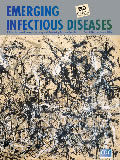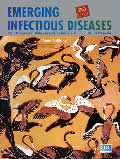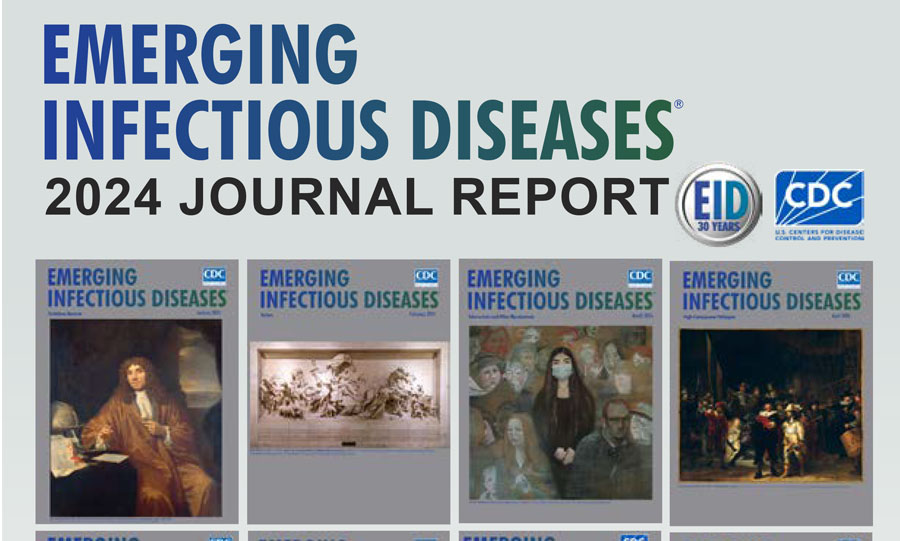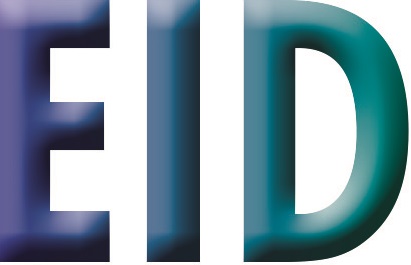Etymologia
Etymology is concerned with the origin of words, how they've evolved over time, and changed in form and meaning as they were translated from one language to another. Below is a listing of etymology topics covered in the Emerging Infectious Diseases journal.
Volume 11—2005
Volume 11, Number 12—December 2005
Volume 11, Number 10—October 2005

Etymologia: botulism
| EID | Etymologia: botulism. Emerg Infect Dis. 2005;11(10):1606. https://doi.org/10.3201/eid1110.et1110 |
|---|---|
| AMA | Etymologia: botulism. Emerging Infectious Diseases. 2005;11(10):1606. doi:10.3201/eid1110.et1110. |
| APA | (2005). Etymologia: botulism. Emerging Infectious Diseases, 11(10), 1606. https://doi.org/10.3201/eid1110.et1110. |
Volume 11, Number 9—September 2005

Etymologia: Rickettsia
| EID | Etymologia: Rickettsia . Emerg Infect Dis. 2005;11(9):1475. https://doi.org/10.3201/eid1109.et1109 |
|---|---|
| AMA | Etymologia: Rickettsia . Emerging Infectious Diseases. 2005;11(9):1475. doi:10.3201/eid1109.et1109. |
| APA | (2005). Etymologia: Rickettsia . Emerging Infectious Diseases, 11(9), 1475. https://doi.org/10.3201/eid1109.et1109. |
Volume 11, Number 8—August 2005

Etymologia: Cephalosporin
| EID | Etymologia: Cephalosporin. Emerg Infect Dis. 2005;11(8):1191. https://doi.org/10.3201/eid1108.et1108 |
|---|---|
| AMA | Etymologia: Cephalosporin. Emerging Infectious Diseases. 2005;11(8):1191. doi:10.3201/eid1108.et1108. |
| APA | (2005). Etymologia: Cephalosporin. Emerging Infectious Diseases, 11(8), 1191. https://doi.org/10.3201/eid1108.et1108. |
Page created: February 02, 2012
Page updated: April 23, 2012
The conclusions, findings, and opinions expressed by authors contributing to this journal do not necessarily reflect the official position of the U.S. Department of Health and Human Services, the Public Health Service, the Centers for Disease Control and Prevention, or the authors' affiliated institutions. Use of trade names is for identification only and does not imply endorsement by any of the groups named above.





